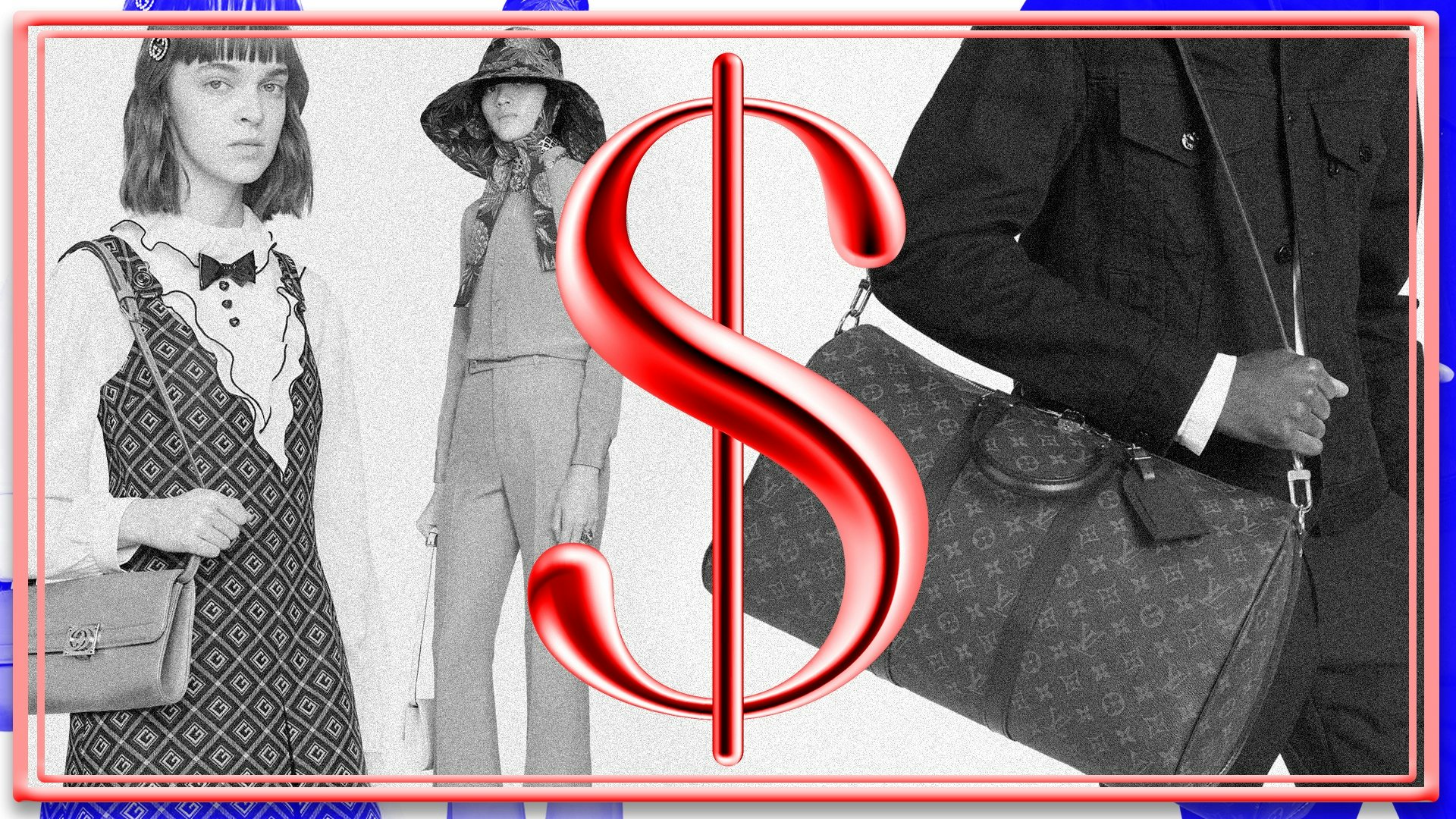For the first time in a decade, foreign investment in China has surpassed outbound investments. Compared to previous years, the first five months of 2020 saw Chinese M&A activity collapse, according to data from the law firm Baker McKenzie. Chinese entities, once eager to snap up what McKinsey & Company termed in a recent article as “rare gems,” have been mostly quiet on the acquisition front.
Living and working with the uncertainty of COVID-19 is now a strange fact of daily life, and just as our lives have had to rapidly adapt, so too have industries, economies, and countries. Yet it is China, where the pandemic first hit and forced companies to stop production, that’s now relatively back on track. And now, it’s clear that this period has only accelerated China’s already advanced digital landscape.
Mark Galasiewski, chief equity analyst for Asia and emerging markets at Elliott Wave International, agreed, saying, “The surge to new 52-week highs in June 2020 in shares of Chinese consumer companies suggests that [China’s] setback will be short-lived. We think the upturn in confidence represents the early stages of a secular trend that should continue for many years.”
Furthermore, China’s GDP is up, and its domestic companies' shares are stable, proving that the country is bucking the negative pandemic trend. Meanwhile, the government issued guidelines earlier this year to encourage and stabilize foreign investment, even though tensions between China and the UK and the US are still escalating. And as more local companies continue to delist while IPOing at home, China appears to be on a reverse globalization trend.
But China’s consolidation efforts aren't good news for the international fashion companies and brands that have benefited from Chinese support over the last decade. Wendy Yu, the Founder of Yu Holdings (which has invested in brands like Mary Katrantzou), has been approached by various companies and organizations in distress due to COVID-19, but all deals are currently on hold.
Yu told Jing Daily that her company has had to make a universal decision not to step in and get involved, as “it would be very difficult to choose between helping one business over another in these challenging times.” And now, with investments on hold, companies hoping to court funders should know that impact-focused deals are pushing China investment requirements to new heights.
Sustainability: a brand’s new saleability#
Aside from the pandemic, Yu cited issues surrounding corporate responsibility (including the seismic shifts in the fashion world) as one of her main reasons for caution. In fact, many investors interviewed by Jing Daily expressed an interest in addressing corporate social responsibility and making companies more environmentally accountable.
Responsible investments are on the rise in China, as well. A research report from UBS titled Return on Values suggested that, along with Brazil and the UAE, investors in China are more likely to have sustainable investments, and the pandemic has only reinforced this trend.
Patricia Chu, a co-founder of Mana Impact Partners, always looks for a social and environmental impact as well as a financial return when making investment choices, both inside and outside of China. Chu explained how the outbreak is forcing people to be more conscious of operations in certain sectors, product waste, growing traction on B2B platforms, direct-to-consumer concepts (especially for food), and e-commerce. “It’s still very early, and COVID-19 has many people thinking about what is valuable and important in life: being more conscious about their carbon footprints by doing things online as much as possible.”
Aside from business speculations in circular and regenerative systems, the climate, and aquaculture, Mana Impact Partners has also recently turned its eye toward the fashion world. It currently invests in the German company Alga Life, which produces textiles from microorganisms, and it's eyeing Pinatex in the Philippines and a Microtech company that uses mushrooms to make leather-like fabrics. “There is definitely a responsible-consumption angle here in China, and while I don't know of too many existing VCs that are specifically looking at sustainable fashion or consumption, it’s a new area, and it’s definitely picking up,” Chu added.
In its report, Managing the Next Decade of Women’s Wealth, the 2020 Boston Consulting Group (BCG) found that female investors, in particular, will push this to the fore. “Women do not just want to boost the bottom line,” it states, “they also want to help develop the communities we live in by investing in education, health care, and our planet.” Yu’s upcycling brand, Bottletop, is a good case in point: It produces artisanal products designed in the UK and handcrafted by workers in Brazil who receive over 45-percent more than Brazil’s average industry wage.
How investors evaluate tech in a tech-flooded market#
Despite some recent virus outbreaks in Hong Kong and on the mainland, China is still poised to emerge from the virus in better shape than other countries, and investors are undoubtedly looking for brands that can weather the storm. From cash flow and corporate governance to community ownership, there are many ways in which brands can look to become more investable.
According to Angelino Yao, a disruptive investor and the founder and CEO of Heels & Yield, China’s pioneering tech sector is where a lot of future investments will go. “Brands can have creativity and content, but in China, the platforms make money,” he said. “They have to adapt to keep up, and the ones that have the best user experience will make the most money. China’s tech shares have been some of the best-performing all year, with many of these powering China’s digital advancement.”
Considering how tech has enabled brands to defend themselves against fashion’s weaknesses during COVID-19, investors are now actively seeking out brands with either tech already embedded or in the works. Yao continued, saying, “From an investor point of view, we look for companies that are staying ahead and have invested in tech already. China has accelerated trends in e-commerce quickly during this time. Take livestreaming, for example, where we can see people and try on clothes, so it’s about being ahead of the curve.”
In fact, we've seen the downfall of many brands during the pandemic who weren’t early tech adopters in China as well as missteps from luxury brands trying to tackle new tech, such as Louis Vuitton’s failure with livestreaming. But aside from shaping these fashion trends, China’s local tech companies are also drawing investors’ eyes. Mana Impact Partners’ Chu watches international interests but is also eyeing local tech opportunities. But that doesn’t mean they are necessarily attractive.
“There’s a lot of technology that can be leveraged [in China], but the problem is mainly with the valuation of the companies,” Chu explained. “Is it good value? The market, in general, is at a very early stage with high valuation when compared to Southeast Asia. The other [problem] is around finding them since we aren’t physically based there. It’s about finding the right partners who can be on the ground and share similar values and provide ongoing support.”
There are still fundamental requirements, even for new investors#
Despite the current situation, the younger generation in China is looking to invest, the brands that survive this crisis will benefit in the long term. A new wave of millennial investors are looking to make their mark outside of what their parents have done, and they want to nurture their passions.
And, while it might take a miracle to secure investments right now, there are ways that brands can help their situations. Even though investor profiles are always evolving and seemingly getting younger, the basic business requirements for brands haven’t changed.
Janice Yau Garton, Of Counsel at DLA Piper, who has equity in the sustainable Hong-Kong brand R-Collective, said that both pre- and post-pandemic success is about “coming across as organized... and proving the business case.” Companies that can show they’re making impactful choices in their supply chains and materials and can slow down the consumption cycle to avoid overproduction will make for more viable and impactful investments.
Garton's advice was to “start as you mean to go on — think 15 years down the line from the get-go.” These words are especially relevant to young startups and creatives who are struggling right now, both inside and outside of China. And despite the uncertainty, Garton is sure there are investments to be had. It’s about “networking and getting introductions, and it’s a slow burn,” she added.
Until then, Yu said that fashion companies that “are digital and agile, have a strong identity and purpose, own cash reserves, and have a good operational team will be the most relevant ones.” But sometimes, it simply comes down to luck. And, as Yu stated, “The right time and right place can be very defining in the fund-raising process.”

